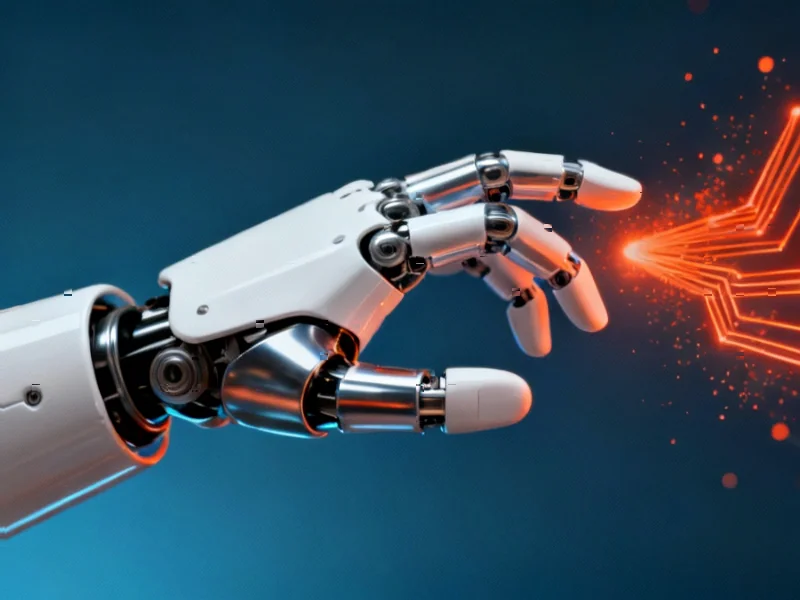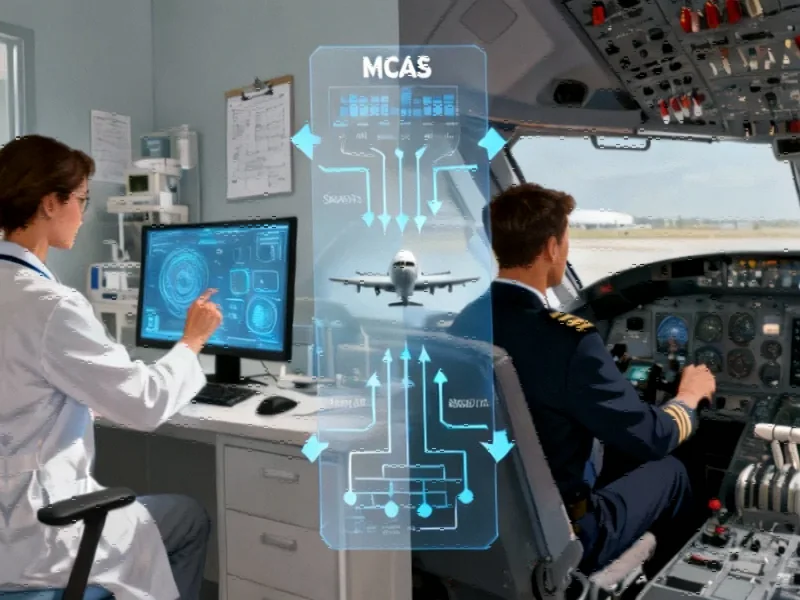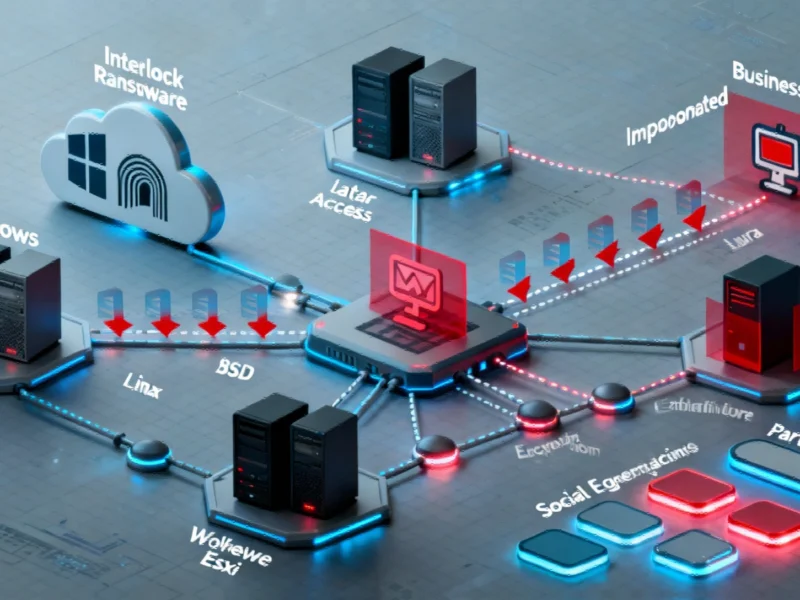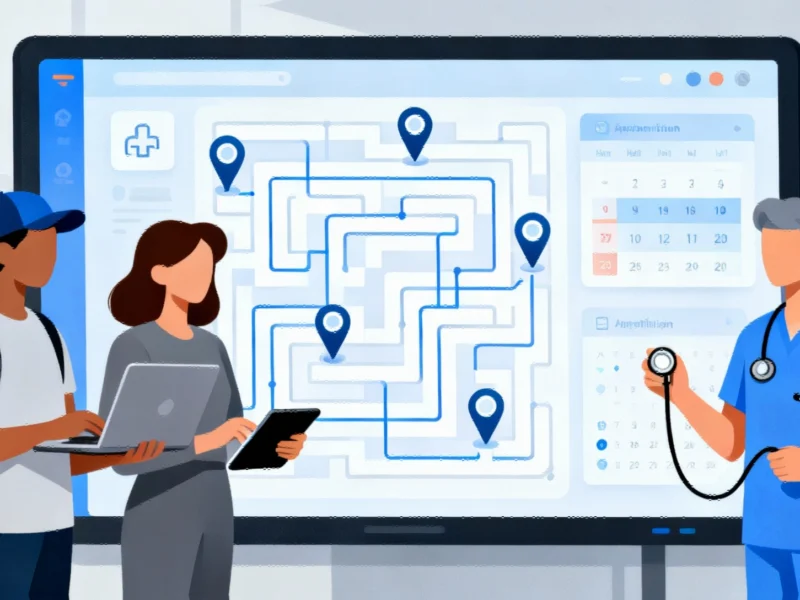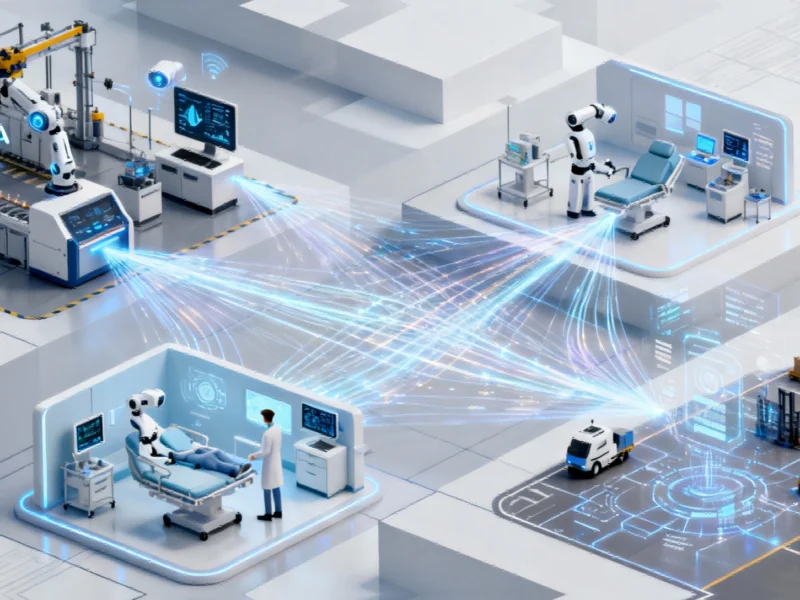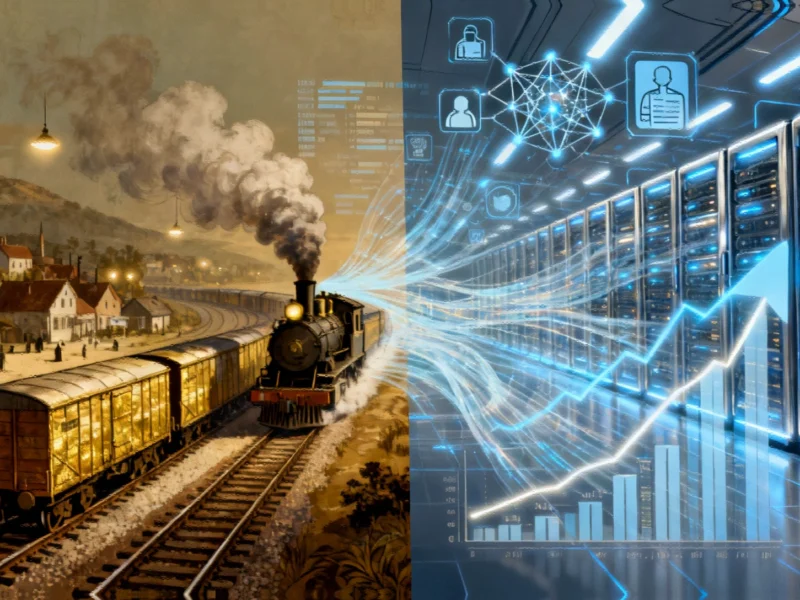Corporate leadership teams are navigating the transition from digital artificial intelligence to physical AI systems embedded in real-world operations. The shift requires substantial infrastructure investment and workforce adaptation, analysts suggest, as companies seek sustainable growth through robotics and intelligent automation.
The Emergence of Physical AI in Business Operations
Business leaders are increasingly focusing on what artificial intelligence experts term “physical AI” – intelligent systems embedded directly into physical operations rather than confined to digital interfaces. According to reports, this technology represents the next frontier in AI implementation, moving beyond traditional data center operations into tangible business processes. Sources indicate that manufacturing, healthcare, and global supply chain management are already witnessing transformative benefits from early implementations.
